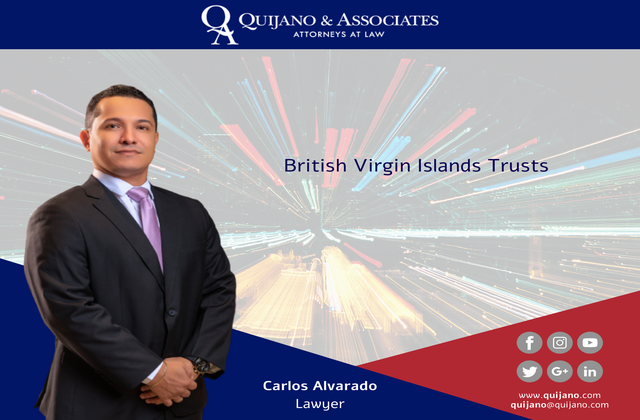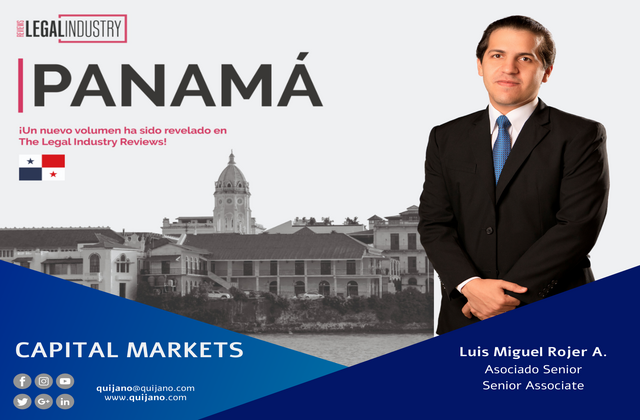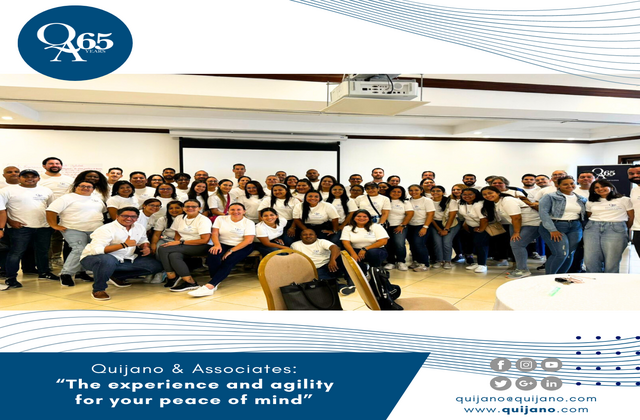British Virgin Islands Trusts

WHO NEEDS AN OFFSHORE TRUST?
Anyone of whatever age who through gainful efforts or inheritance has accumulated “assets” that would make it possible to maintain a superior lifestyle, while at the same time provide a surplus of money or assets that can be leveraged, may take advantage of the use of an offshore trust as one of the main blocks for building appropriate asset protection.
WHAT IS A TRUST?
In basic terms, a Trust is a legal private agreement (“Trust Deed”) between the person who place the assets in the Trust (“Settlor”) and the individual or corporation entrusted with the protection, management and ultimate distribution of the assets (“Trustee”) for the persons entitled to benefit from the capital assets and/or income held in the agreement (“Beneficiaries”).
Also, a trust is a juridical act whereby a person (whether an individual or a corporation) transfers assets to another person (whether an individual or a corporation) either for his/her own benefit or the benefit of third parties. This transfer may be revocable or irrevocable, depending on the particular needs of the Settlor.
The person transferring assets is called the Settlor or Grantor; the person receiving the assets in trust is called the Trustee (a licensed company recommendable) and the recipients of the assets and/or interests are the beneficiaries.
THE SETTLOR
Person who gives away his/her assets and thereby transfers the legal ownership to the Trustee is called the Settlor or Grantor. He/she will so arrange that the Trust Deed provides instructions on how to distribute the benefits of the Trust among the Beneficiaries.
THE TRUSTEE
Individual or Corporation in whose ownership the assets have been placed by the Settlor. The Trustee has a duty of trust and confidence, to ensure that the wishes of the Settlor are carried out and that the Beneficiaries’ interests are protected. The Trustee may be removed and replaced by another if by any reason it is deemed convenient.
THE BENEFICIARIES
Individuals or any other legal entity that will benefit under the terms of the Trust Deed. The Beneficiaries may be nominated either specifically by the Settlor and their benefits clearly defined or, it is possible that no specific Beneficiaries be nominated, but merely a class of persons, i.e. sons, daughters, grandchildren. In this sense, a Trust is a living “will” which works before and after the death of the Settlor.
BENEFITS
Whilst a Trust can have many benefits, mainly these fall into one or more of the following categories:
A. TAXATION
The Trust is relieved entirely from local taxation.
B. ASSETS PROTECTION
The Settlor is able to provide long-term protection to his/her assets outside the country of his/her residence or domicile free from the danger of expropriation by government agencies. The assets are held in the name of the Trustee or its nominees and so worldwide central control is obtained.
The Settlor can advise on the administration of the assets up to his/her death (including this in the Trust Deed or in the Letter of Wishes). The Settlor will also advise who is to benefit and in what proportion after his/her death. These aspects are particularly attractive to residents in countries that have strict laws on inheritance and can enable payments to be made to people who might have to be excluded from a will made in the Settlor’s homeland.
C-ANONYMITY AND FLEXIBILITY
The Trust Deed is a confidential document. No information whatsoever of its contents is available on public records. Flexibility may be provided by including in the Trust Deed certain special clauses, i.e. the possibility of revoking the Trust, allowing the removal of the Trustee and the continuation of the Trust in another jurisdiction should it be thought that worldwide political developments make this a prudent precaution.
PURPOSES
Trusts are one of the most principal figures in the planning of assets protection, used for a variety of purposes, which fall into four basic categories:
1. Tax Planning
Trusts are commonly used as tax planning vehicles, although this has become more limited in recent years. Still it provides a continuing modicum of tax benefits that have resulted in a very wide use of Trusts, by even financially modest families in the United States of America.
2. Will Substitutes
Instead of having assets passed from the hand of the descendent to their heirs by means of a will, a Trust is used, without the interruption of passing through a court procedure or estate probate.
3. Holding of Company Shares
Even when the Trustee may designate the directors and officers of the company or companies where the Settlor or the Beneficiaries do not wish to appear, the control of the company is maintained by using a Management Committee, appointed as Protector to the Trust, so that its authorization may be necessary.
4. Trusts as Insurance Policy
Trusts may provide absolute protection to family members so that the patrimony of the family may not be at risk of creditors
On the other hand, Trustees are required by law to segregate trust assets from their own patrimony, so that in the event of bankruptcy trusts assets are not available to creditors.
Would you like to quote today? Contact us at quijano@quijano.com




